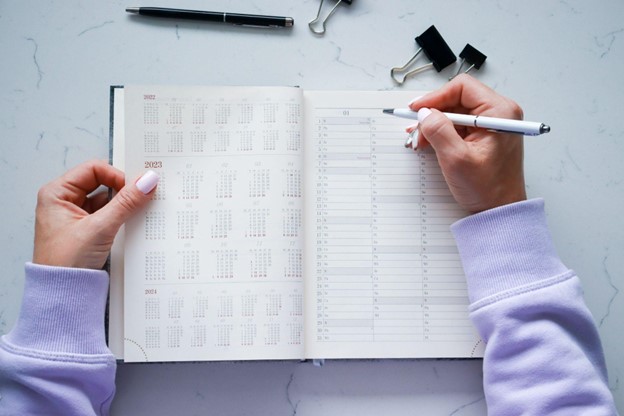Welcoming another year signifies new beginnings and opportunities, not just in life but also a fresh start to saving money!
In order to start your year right and attract more financial luck into your life, here are some tips on how you can save up your money this 2023.
1. 30-day rule

This rule is perfect for those who usually buy things impulsively. The 30-day rule limits your ability to buy unnecessary items by forcing you to consider whether you truly need something.
Using the 30-day rule, you will allot 30 days, or a month, to think about non-essential purchases such as new clothes or gadgets. A month without spending on wants can help you evaluate the convenience and quality that these things can provide.
2. 50/30/20 rule

The 50-30-20 rule is derived from an American concept wherein you divide your salary into three different sections. To save money, you should allot 50% of your money to your basic necessities, 30% to your wants, and 20% to your debts or emergency funds.
This kind of budgeting strategy can assist you in allocating more money to important things than you want in order to avoid falling short of your budget.
3. Set a spending limit if you use a credit card

Paying with your credit card can be tempting because you can easily buy what you want in a snap. But this would surely be a disaster if you came to the point where you suddenly realized that there were many things that you should pay for at once.
To avoid this kind of scenario, try to set a spending limit if you pay with a credit card. Your limit should only be a part of your income and not the whole, leaving you extra money for future purposes.
4. Avoid unnecessary online subscriptions

As the pandemic started, online subscriptions became a hit all over the world because people tend to always stay at home. In line with this, some people tend to apply for “trending” subscriptions from online websites even though they are not necessary for their daily living and tend to be over their budget.
With the start of a new year, take time to evaluate the websites and applications that you are subscribed to. Know if you really need a premium account with the online service or if this will benefit you for a long period of time. With this, you wouldn’t allocate money to something that you rarely use.
5. ‘No Spend’ challenge

To add a little bit of challenge when you save your money, this challenge is perfect for you. The ‘no spend’ challenge can be done by choosing a specific day or week of the month wherein you couldn’t spend money on something necessary.
This is somehow related to the 30-day rule, but the difference is you can set your own day or week depending on your saving phase.
Overall, saving money can be tough and challenging for all of us, especially with the changing economy. Yet, keeping extra money can also save us from not having something in the future.







